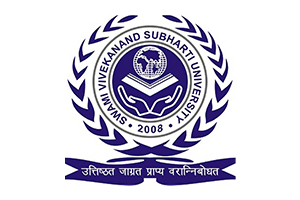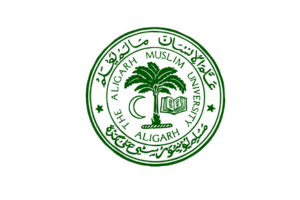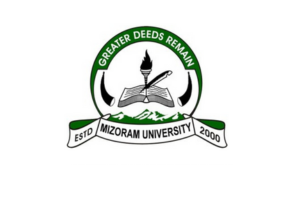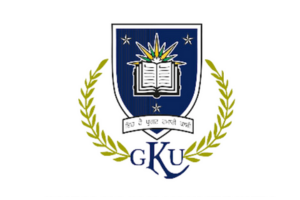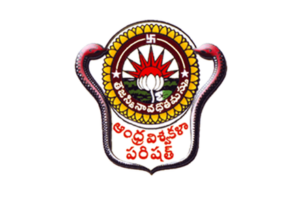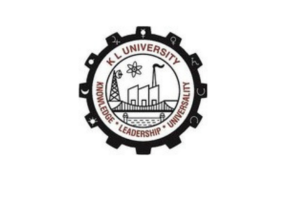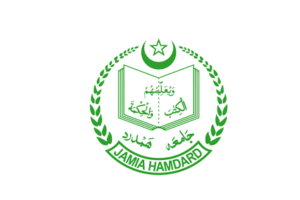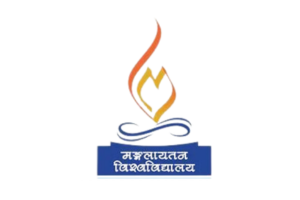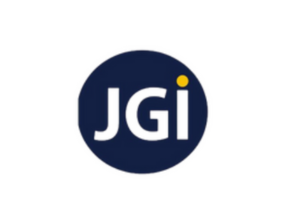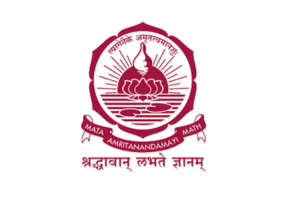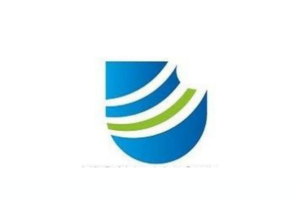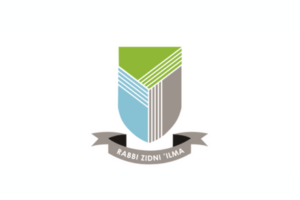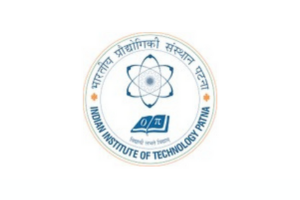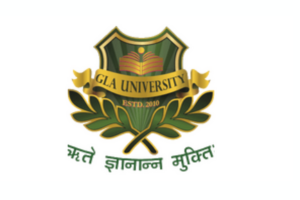Online & Distance Learning

IITS currently works with 120+ educational institutions and 17+ Indian universities to become the nation's largest education technology company. We oversee the university's online distance learning portals to make it simple and convenient for students and educational institutions to communicate.
Online and Distance learning has been highlighted as a reliable alternative to face-to-face education. The programme comes with greater flexibility ,where the students are free to choose when and where they want to learn. Through digital platforms, students can engage with a diverse range of courses from anywhere in the world, allowing them to tailor their education to fit their schedules and personal commitments. The programme is in agreement with the government policy of enhancement of the quality of human resources through online enrolment for education.
IITS provides a diverse range of online degree programs that enable students to fulfill their academic and career ambitions from any in the world. Our UGC-approved programs offer a thorough education that blends theoretical knowledge with real-world applications. These programs include Bachelor's and Master's degrees in fields including science, commerce, and arts.
Our Partner Universities
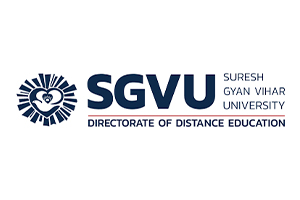
SURESH GYAN VIHAR UNIVERSITY

How can we help you?
We hope you have found an answer to your question:
The key difference between online and distance education is the mode of delivery and interaction. Online education takes place entirely over the internet with live or pre-recorded sessions, providing more interactive features like forums and video conferencing. Distance education, on the other hand, focuses more on self-paced study using physical or digital materials and often lacks regular real-time interaction. Online education is more internet-dependent, whereas distance education can function with minimal technology.
Yes, Distance Bachelor Education in India is recognized if you do it from a UGC -DEB/ AICTE approved college. The University Grants Commission (UGC), which governs higher education in India, has issued clear guidelines for the recognition of online degrees, ensuring their legitimacy if obtained from accredited institutions. A lot of people ask this question when they are not clear about the distance education degrees. This distance education degree is definitely one of the flexible and cost effective modes of education, if you want to pursue your education outside of the classroom sessions.
According to the notifications from authorities, distance and regular both degrees are eligible to appear in UPSC/IAS examination. For IAS examination, the requirement is a graduation degree in any stream recognized by University Grant Commission (UGC). If you are holding degrees like BA, MA, BSc, BCom, MCom, BTech and those are issued by the UGC approved colleges or universities, those are equally valid for UPSC/IAS/PCS examinations. In short, for all Govt. Jobs regular and distance have the same value as far as it is obtained from the institutions/Universities which are approved by U.G.C. So, you do not have to worry about admissions or jobs based on the mode of education.
The recognition status of universities offering programs through Open and Distance Learning (ODL) and Online modes, as well as the program names, can be found on the UGC website at https://deb.ugc.ac.in/. The student needs to verify the recognition status of the Higher Education Institution (HEI) for Open and Distance Learning (ODL) and online education for the chosen admission session on the UGC DEB website, review information on the institution's website, verify restricted courses, ensure compliance with Territorial Jurisdiction guidelines for ODL Programs, and avoid any franchising agreements.
To enroll in an online course, students need to have completed their education from an accredited board for undergraduate courses and an accredited university for postgraduate courses. Students need to submit verified photocopies of their latest qualifying exam documents and marks sheet (degree certificate/mark sheet), along with a government-issued ID proof.
In fact, while there have been conflicting results from multiple studies done on the issue of cheating in online courses, there is nothing to suggest that cheating is much more common in every online situation. Online programmes use various methods to uphold academic integrity policies.
Online students are expected to have a basic knowledge of how to work with their computer and its operating system and a basic knowledge of software applications such as word processing, email, internet browser, and search engines.
Colleges and universities tend to offer online students many of the same support services as campus-based students, though they may be administered differently. Instead of going to a campus library, online students may log in to virtual libraries stocked with digital materials, or work with research librarians by phone or email. Tutoring, academic advising, and career services might rely on video conferencing software, virtual meeting rooms, and other collaborative technologies.
A student holding an online degree from a UGC-recognized institution in India can be considered for equivalency in higher studies. If a degree is from an accredited university and adheres to UGC guidelines, it is deemed legitimate and comparable to traditional degrees. The particular program needs to adhere to the accreditation criteria set by appropriate professional organizations (such as AICTE for technical education, NCTE for teacher training, etc.), if required.
Yes, many employers do accept online degrees, especially if they are from reputable, accredited institutions. More than 70% of organizations have acknowledged applicants with online degrees within the past 12 months.
Still you have question?



